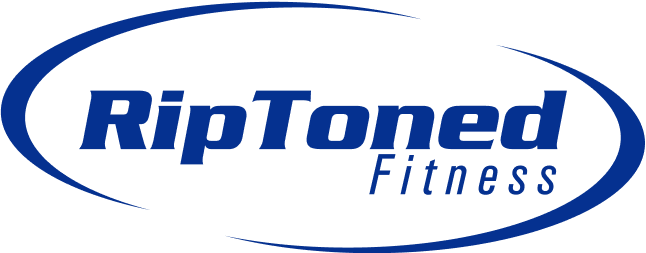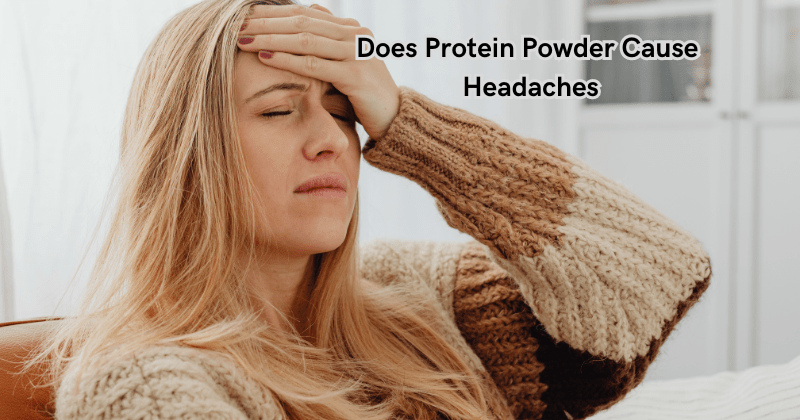Protein powder has become a popular supplement among athletes and fitness enthusiasts, as it is believed to aid in muscle building and recovery. However, some people have reported experiencing headaches after consuming protein powder.
This has raised concerns about the safety of using this supplement and whether it can cause headaches. In this article, we will explore the relationship between protein powder consumption and headaches.
What is Protein Powder
Protein powder is a dietary supplement that typically consists of processed proteins from various sources such as whey, casein, soy, or pea. These powders are often marketed as a convenient and effective way to increase protein intake for those who may struggle to meet their daily requirements through whole foods alone.
Protein plays an essential role in building and repairing tissues, making it a crucial component for muscle growth and recovery. Protein powder is commonly used by athletes, bodybuilders, and those looking to increase their protein intake for various health reasons. However, the use of protein powder has also been associated with headaches in some individuals.
Possibility of Headaches from Protein Powder
While there is no direct evidence linking protein powder to headaches, some studies have suggested that certain ingredients in these supplements may trigger migraines or tension headaches. For example, additives such as artificial sweeteners, preservatives, and high levels of caffeine may be potential culprits.
Additionally, consuming too much protein in a short period can lead to headaches, as the body may struggle to process and digest the excess protein. This is especially true for those who have underlying digestive issues.
However, it's important to note that not everyone experiences headaches from consuming protein powder. Some people may be more sensitive to certain ingredients than others, while others may not experience any adverse effects at all.
Tips for Avoiding Headaches from Protein Powder
If you experience headaches after consuming protein powder, there are a few things you can do to help prevent them. First, try switching to a different brand or type of protein powder, as some ingredients may be more tolerable for your body than others.
Additionally, make sure to drink plenty of water when consuming protein powder, as dehydration can also be a contributing factor to headaches. Gradually increasing your protein intake instead of consuming large amounts at once can also help prevent headaches.
It's essential to listen to your body and consult with a healthcare professional if you experience persistent or severe headaches after using protein powder. They can help determine the cause and provide personalized recommendations for managing or preventing headaches.
Should You Stop Using Protein Powder?
The decision to continue using protein powder ultimately depends on each individual's experience and preferences. If you find that protein powder consistently causes headaches for you, it may be best to avoid it or try alternative sources of protein.
However, suppose you do not experience any adverse effects from consuming protein powder and find it beneficial for your fitness or health goals. In that case, there is likely no reason to stop using it.
As with any supplement, it's essential to use protein powder in moderation and listen to your body. If you experience any concerning symptoms or side effects, it's always best to err on the side of caution and consult with a healthcare professional.
Why Consult a Healthcare Professional
Consulting with a healthcare professional is crucial for understanding the root cause of any headaches or other adverse reactions to protein powder. They can help rule out any underlying conditions and provide personalized recommendations based on your medical history and individual needs.
Additionally, they can offer guidance on the proper dosage and use of protein powder and any potential interactions with other medications or supplements you may be taking.
Additionally, if you have a history of migraines or other types of headaches, it's essential to discuss the use of protein powder with your doctor before starting it. This can help prevent any potential complications and ensure that you are using the supplement safely.
Mistakes to Avoid When Using Protein Powder
Here are a few common mistakes to avoid when using protein powder to reduce the risk of headaches or other adverse effects:
- Consuming too much protein powder in one sitting
- Not drinking enough water when consuming protein powder
- Neglecting to read ingredient labels and choosing a brand with artificial sweeteners, preservatives, or high levels of caffeine
- Not considering any potential food intolerances or allergies to the ingredients in protein powder.
- Using protein powder as a meal replacement instead of a supplement to a well-balanced diet.
- Relying solely on protein powder for all of your protein intake.
By avoiding these mistakes and being mindful of your body's reactions, you can safely and effectively incorporate protein powder into your diet without experiencing headaches or other adverse effects.
FAQs
Can whey protein powders cause headaches?
While not common, some people may experience headaches after consuming whey protein powders. This could be due to an allergy or intolerance to milk proteins found in whey. For migraine sufferers, certain components of processed foods, including protein powders, may trigger symptoms. If you believe whey protein is causing headaches, it's best to consult with a healthcare professional.
What are the best protein powders to use if I'm prone to headaches?
If you're prone to headaches, it might be best to choose protein powders with fewer additives and artificial ingredients, as these can sometimes trigger headaches. Protein isolates like whey protein isolate or pea protein isolate are often recommended because they're highly refined and contain fewer potential allergens. Rice protein and soy protein are other options that are generally well-tolerated.
Should I avoid protein powders if I suffer from migraines?
Not all protein powders will trigger migraines, but it's important to pay attention to how your body reacts. Some people find that certain types of protein powders, particularly those with artificial sweeteners or other additives, can trigger migraines. If you notice a correlation between consuming protein shakes and experiencing headaches, it may be worth exploring other sources of protein or trying a different type of protein powder.
Are there any alternatives to protein powders if they cause headaches?
Yes, if protein powders are causing headaches, there are plenty of alternatives. Whole food sources of protein, such as lean meats, dairy products, legumes, and nuts, can be excellent substitutes. You could also try different types of protein powders, such as pea protein, rice protein, or soy protein, which may be better tolerated than whey protein for some individuals.
Conclusion
In conclusion, the relationship between protein powder consumption and headaches is not entirely clear. While some studies suggest a potential link, it ultimately depends on each individual's experience and tolerance to specific ingredients.
If you do experience headaches after consuming protein powder, there are steps you can take to prevent them, such as switching brands or gradually increasing your intake. However, if you do not experience any adverse effects, there is likely no reason to stop using protein powder.
As with any supplement, it's essential to use protein powder in moderation and consult with a healthcare professional if you have any concerns or experience severe symptoms.
By following these tips and being mindful of your body's reactions, you can safely incorporate protein powder into your diet for optimal health and fitness results.


